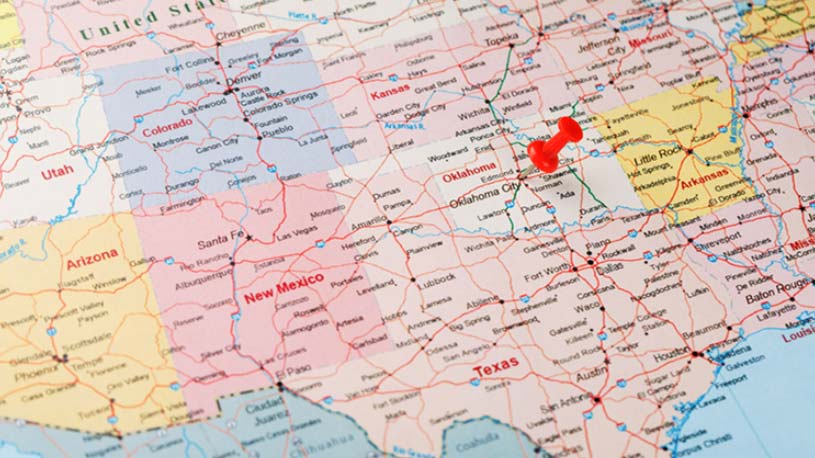
Latest Articles
Topics
Exploring the future of HR
Available on-demand
Are you ready for the HR trends and challenges of 2026? In this complimentary webcast, experts relay the latest developments that could affect your workforce and how you can prepare, respond and adapt.
Register and replay anytimeLatest Series
Subscribe to SPARK updates
Stay in the know on the latest workforce trends and insights.
Our Contributors
Recommend a Topic
Is there a topic or business challenge you would like to see covered on SPARK? Please let us know by completing this form.
All submissions will be reviewed and considered for use in future SPARK articles.
Important: If you need ADP service or support, visit ADP.com/contact-us/customer-service or call 1-844-227-5237.
Subscribe to SPARK
Stay in the know on the latest workforce trends and insights.









